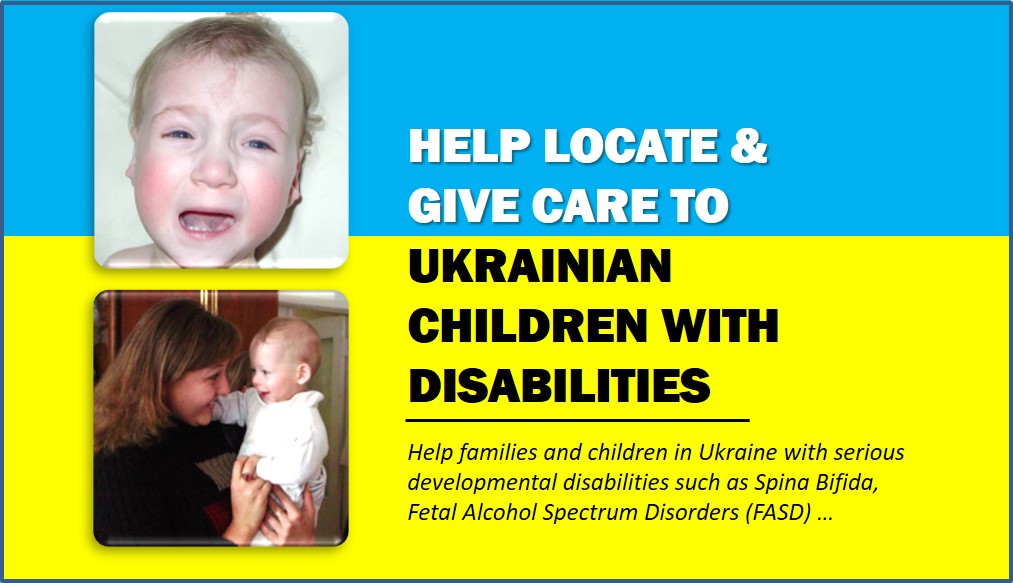Health Supervision
for Children with TS
American Academy of Pediatrics,
PEDIATRICS Vol. 111 No. 3 March 2003, pp. 692-702
 [for Professionals mainly] [for Professionals mainly]
" ... guidelines designed to assist the pediatrician for the child in whom the diagnosis of Turner syndrome has been confirmed by karyotype ... "
The Turner Syndrome Support Society
TSSS(UK)
 [Support Groups] [Support Groups]
" ... for discussion and information on TS ... "
** WARNING! **
The Images included below may be disturbing!
TS
- Fetal hydrops or Hydrops fetalis
University of Utah - Web Path Pathology series.
 [for Professionals mainly] [for Professionals mainly]
Most often, an omen of fetal demise.
"Early presbyacusis
in TS - Abstract - Poster
A. E. Stenberg et al,. (Austria, Sweden), February 15, 1999
" ... ear and hearing problems are common ... premature aging of the ear (presbyacusis) ... estrogen receptors are present in the inner ear ... "
Facts about human
growth hormone
NovoNordisk, 2007
" ... production of genetically engineered hCH ... Norditropin ... "
Monosomy X (Turner) Syndrome
Sandra R Silva et al., theFetus.net, May 23, 1999
Turner, Síndrome de
Instituto de Investigación de Enfermedadas Raras
 [Spanish] [Spanish]
Sinónimos: Cromosoma X, Monosomía X,
Disgenesia gonadal (45, X),
Disgenesia gonadal (XO),
Aplasia Ovárica, Tipo Turner,
45, X , Síndrome de,
Pterigo Linfangiectasia,
Bonnevie Ulrich, Síndrome de,
Monosomía X,
Morgagni Turner Albright, Síndrome de,
Enanismo Ovárico, Tipo Turner ... Descripción en lenguaje coloquial: ... El síndrome de Turner es una cromosomopatía (enfermedad por aberración cromosómica) rara, caracterizada por talla corta, infantilismo sexual, cuello alado, cúbito valgo (desviación exagerada hacia dentro del antebrazo) y cariotipo (estudio de los cromosomas) 45,X. ...
Descrito por primera vez en 1938, aunque su origen cromosómico no se descubrió hasta 1959. Se produce en 1 de cada 1.500-2.500 mujeres nacidas vivas. ...
La frecuencia del cariotipo 45,X en el momento de la concepción es de alrededor del 13%, de ellos el 99% sufre un aborto espontáneo, lo que representa el 5-10% de todos los abortos. ... Se desconoce el mecanismo de la pérdida cromosómica y el riesgo de padecer el síndrome no aumenta con la edad materna. El cromosoma X único es de procedencia materna en el 75% de los casos. Es probable que los genes implicados en el fenotipo Turner sean genes ligados al cromosoma X que escapan a la inactivación.
Síndrome de Turner: Correlaciones Genotipo-Fenotipo
Journal D'Enodcrinologie Pediatrique, 19 de marzo 2001
 [Spanish] [Spanish]
El síndrome de Turner (ST) fue descrito por H.Turner en 1938 y en 1959 su relación con la alteración cromosómica (monosomia X). Se ha recorrido un largo camino desde estos primeros datos. Conocemos bien la gran variabilidad del fenotipo turneriano, que va desde el impresionante síndrome de Bonnevie-Ulrich al de una niña de talla baja pero de apariencia normal. La ausencia de pubertad, aprendida con complacencia en las facultades de medicina, es falsa, ya que aproximadamente el 40% de las niñas con ST tienen pubertad espontánea y el 2% alcanzan un embarazo espontáneo. Es preciso pues, preguntarse por las relaciones entre el genotipo y las tres principales manifestaciones del síndrome: la talla baja, el fenotipo y la disgenesia gonadal. ...
"Syndrome
de Turner - traitements"
Jean-Claud Carel, Paris, France, 1998
 [for Professionals mainly] [French] [for Professionals mainly] [French]
A formal 10 page article with 61 scientific citations.
" ... la plupart des anomalies phenotypiques rencontrees peuvent etre
corrigees, totalement ou en partie ... "
Shereshevskiy-Turner Syndrome
I.B.I.S. Birth Defects, December 2, 2003
 [Ukrainian] [Ukrainian]
A fact sheet for parents in Ukrainian
What is Turner Syndrome ... Why does it happen ... How is it diagnosed ... Typical symptoms ... What can be done ... Life prognosis ... Where to get additional information ...
NOTE: NOT ON THE WEB BUT WORTH ATTENTION
* "Turner Syndrome - A Guide for Families" (1992).
P. A. Riese, R.N. and L. E. Underwood, M.
both from the Division of Endocrinology, Department of Pediatrics,
University of North Carolina at Chapel Hill.
Can be obtained from the Turner Syndrome Society.
Nice!, it includes TS growth charts, a comprehensive and comprehensible
account.
* "Turner Syndrome: A Personal Perspective"
Lynn-Georgia Tesch, J.D.
Adolesc. Pediatr. Gynecol, 2:186, 1989.
Ms. Tesch has Turner Syndrome and is a prominent member of the Turner's
Syndrome Society of the United States ... "My history is quite typical
of others with Turner syndrome ... I was 12 years old ... it was apparent
to me that i was "different" ..."
________________________________________________________________________________________________
Last Updated: 2008/3/6
________________________________________________________________________________________________
|



 [for Professionals mainly]
[for Professionals mainly]




